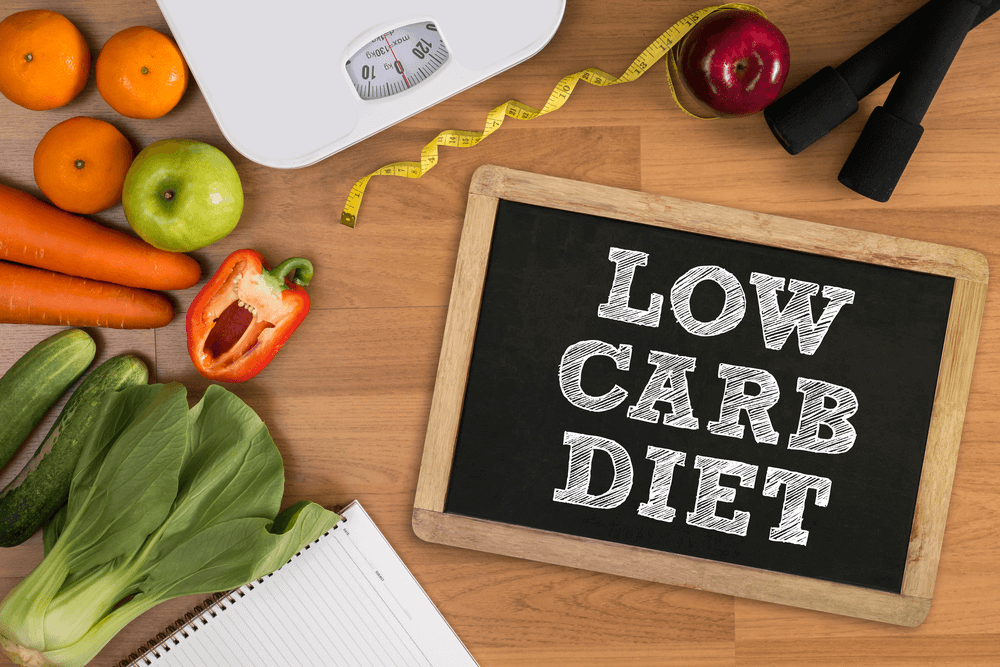Introduction:
In the world of weight loss, the low-carb diet has gained a reputation as one of the most effective methods for shedding pounds quickly and sustainably. By focusing on reducing carbohydrate intake and increasing protein and healthy fats, this diet helps your body burn fat more efficiently. In this article, we’ll explore the benefits of a low-carb diet, how it works, and practical tips for implementing it into your daily routine. Whether you’re looking to jumpstart your weight loss or maintain a healthy lifestyle, mastering carb control can be your key to success.
What is a Low-Carb Diet?
A low-carb diet limits the intake of carbohydrates—such as those found in sugary foods, pasta, and bread—and replaces them with protein, healthy fats, and vegetables. The reduction in carbs puts your body in a metabolic state known as ketosis, where it burns fat for energy instead of glucose. This process leads to faster weight loss and improved overall health.
How a Low-Carb Diet Promotes Effective Weight Loss
The low-carb diet is designed to help your body use stored fat as its primary source of energy. By cutting down on carbs, your insulin levels decrease, and your body starts breaking down fat into ketones, which it uses for fuel. This not only promotes rapid weight loss but also helps in reducing appetite, making it easier to stick to the diet.
Practical Tip: Start by cutting out high-carb foods like bread, pasta, and sugary snacks. Replace them with low-carb vegetables, lean proteins, and healthy fats to keep your meals satisfying and nutritious.

Benefits of a Low-Carb Diet
Rapid Weight Loss: One of the main reasons people choose a low-carb diet is its ability to promote quick weight loss, especially in the initial stages.
Improved Blood Sugar Control: By reducing carbs, you can stabilize blood sugar levels, which is particularly beneficial for people with type 2 diabetes or insulin resistance.
Reduced Hunger and Cravings: High-protein, high-fat foods are more filling, which can help reduce overall calorie intake and make it easier to stick to your diet.
Better Heart Health: A low-carb diet that focuses on healthy fats, such as those from avocados, nuts, and olive oil, can improve cholesterol levels and reduce the risk of heart disease.
Getting Started with a Low-Carb Diet: Practical Tips
1. Focus on Whole Foods: Base your diet around whole, unprocessed foods like meat, fish, eggs, vegetables, and healthy fats. These foods are naturally low in carbs and high in essential nutrients.
2. Monitor Your Carb Intake: To stay within your low-carb limits, track your daily carbohydrate intake using a food diary or app. Aim to consume between 20-50 grams of carbs per day, depending on your specific goals.
3. Stay Hydrated: When you reduce your carb intake, your body may flush out more water. Ensure you drink plenty of water throughout the day to stay hydrated and support your metabolism.
4. Plan Your Meals: Planning your meals in advance can help you avoid high-carb temptations and ensure that you’re always prepared with low-carb options.
Low-Carb Diet Sample Meal Plan
Breakfast:
Scrambled eggs with spinach and feta cheese.
Lunch:
Grilled chicken salad with mixed greens, avocado, and olive oil dressing.
Snack:
A handful of almonds or a slice of cheese.
Dinner:
Baked salmon with steamed broccoli and a side of cauliflower rice.
Dessert:
A small bowl of mixed berries with a dollop of whipped cream.